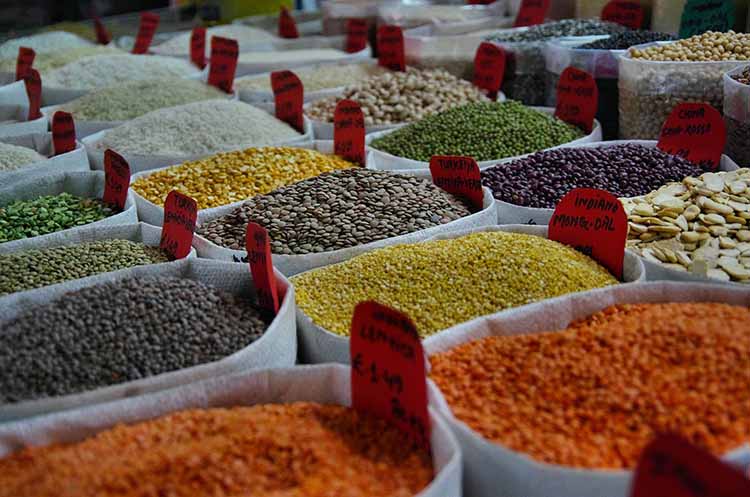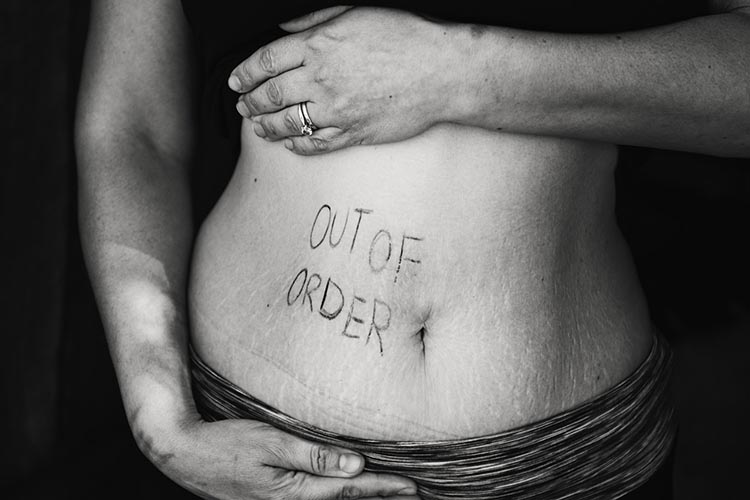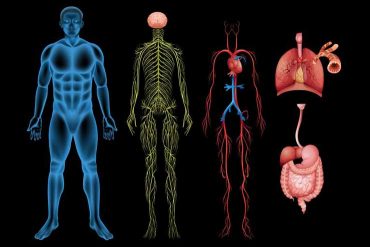Anyone who suffers from diverticulitis has strong incentive to eat right. Age can bring about the formation of pouches along the digestive system lining, especially in the large intestine, or colon. These pockets are, for the most part, benign. In certain people, however, the pouches — known as diverticula — can become inflamed. This inflammation is referred to as diverticulitis and it can yield some unpleasant symptoms e.g. nausea, abdominal pain, fever and irregular bowel movements. Often, this condition is managed through nutrition and medication. In some cases, surgery is necessary. Shunning the foods that aggravate diverticulitis helps in managing the condition. Here are the 10 foods to avoid in a diverticulitis diet:
1. Beans and Legumes
This may seem to contradict everything you know about nutrition but many foods that are good for you can worsen diverticulitis. Abundant with plant protein, legumes such as beans, peas and lentils, are low in fat and high in fiber, B-vitamins, iron and many beneficial minerals. They are also inexpensive. Yet these nutrient-packed legumes prevent the colon from healing as they work their way through. Eschewing them gives the digestive tract needed rest and time to recuperate from the inflammation. Since fiber enlarges stools, it creates more pressure against the digestive lining hence irritating the diverticula pouches.



